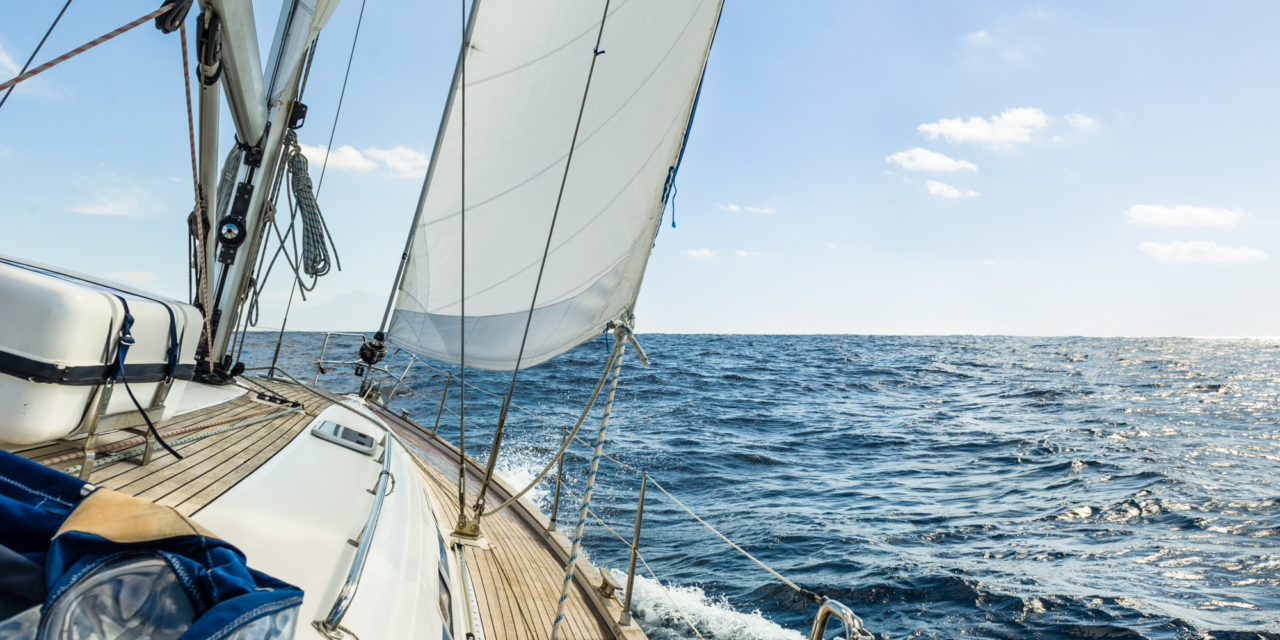When people hear the term “international waters”, they may imagine a place far out on the ocean where nothing is illegal and crimes can be committed without punishment. This is far from the truth.
Although there are certain parts of the ocean that belong to no one country, in particular, this does not give the area a free pass for individuals to do as they please.
Curious how maritime law works when it comes to crimes on the high seas? Read on, and we will show you 4 interesting facts you need to know.
There Are Three Types of Water Bodies
When it comes to claiming ownership over territory, it is fairly easy to understand how land is divvied up. Bodies of water can get a little more complicated, however.
Legally speaking, bodies of water are split into three categories. They are internal waters, territorial waters, and international waters.
Internal waters involve a country’s canals, rivers, lakes, and other waterways. Countries also have ownership over their territorial waters, which were originally defined as three nautical miles off the coast. This distance was chosen because it was as far as a cannon could shoot.
Now, territorial waters for most nations are 12 miles out. Although some countries, like the United States, claim ownership of water up to 24 nautical miles off the coast.
International waters are pretty much everything else. They are officially referred to as the high seas or Mare liberum which means the ‘free seas’. As the United Nations Convention on the Law of the Sea states: “No State may validly purport to subject any part of the high seas to its sovereignty.”
Where You Register Your Ship Matters
According to international maritime law, all ships must be registered with a territory. When your ship is registered with a territory, it is under that territory’s jurisdiction. So if you are sailing an American ship, you and everyone on the boat must act in accordance with American maritime law.
Because of this law, many sailors will register their vessels with countries like Panama who have looser maritime laws. Registering with a foreign country like Panama is known as flying a “flag of convenience“. Most people fly a flag of convenience as it allows them to circumvent minimum wage laws and other financial burdens.
Anyone Can Arrest You
Don’t think that if you commit a crime like murder on international waters that you won’t face punishment. On the contrary, any country has the opportunity to arrest you.
Crimes like murder, slavery, and piracy are under universal jurisdiction. This means that ships from any nation can take you in.
Passive Personality Principle
When in international waters, you are subject to the passive personality principle. This means that if you commit a crime against someone, you are under the jurisdiction of your victim’s country of citizenship. If you hold a British citizen hostage, you can be tried under British law.
If you are injured while out on the sea, you still have rights. Read more here and see how you can get help.
Understanding the Rules of International Waters
After reviewing the facts above, it is clear that being in international waters is not a free pass to do whatever you want. On the contrary, because of how complicated the laws can get, you can end up having to answer to a lot of different authorities.
Want to read more articles about interesting laws? Keep browsing our blog today!





